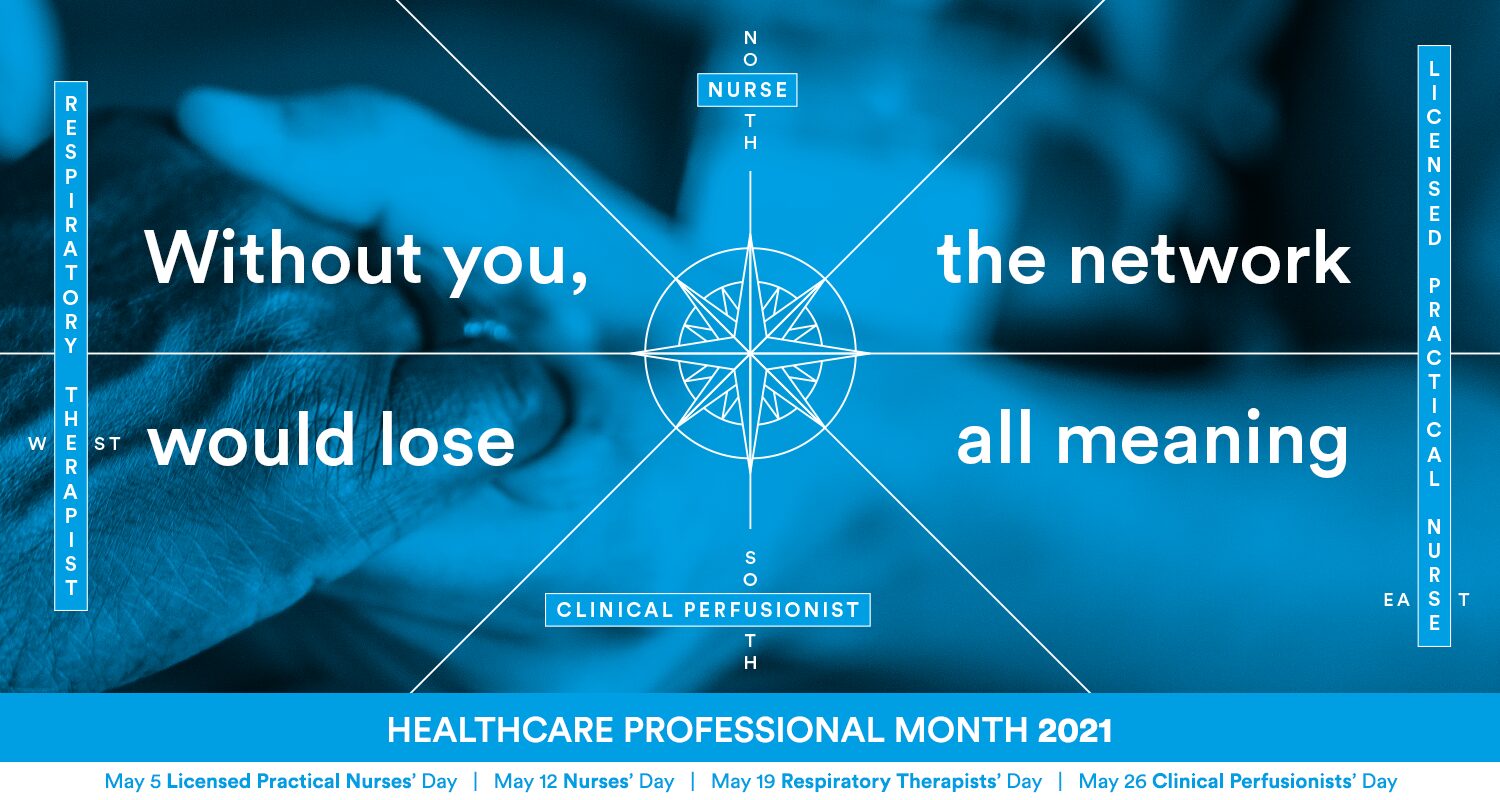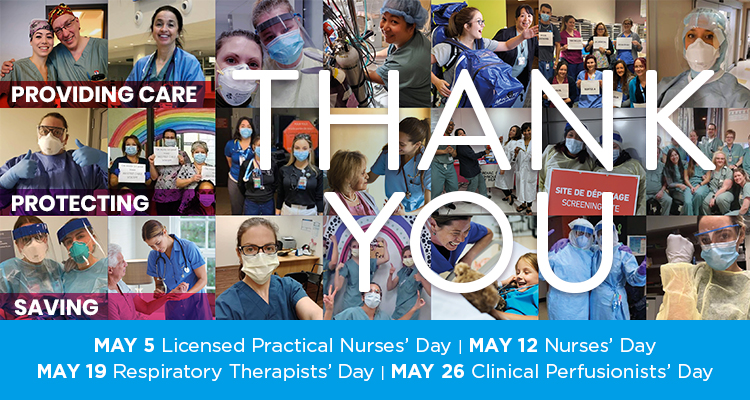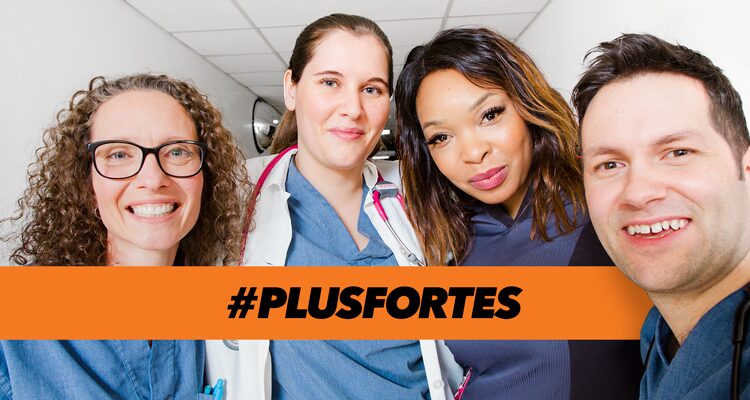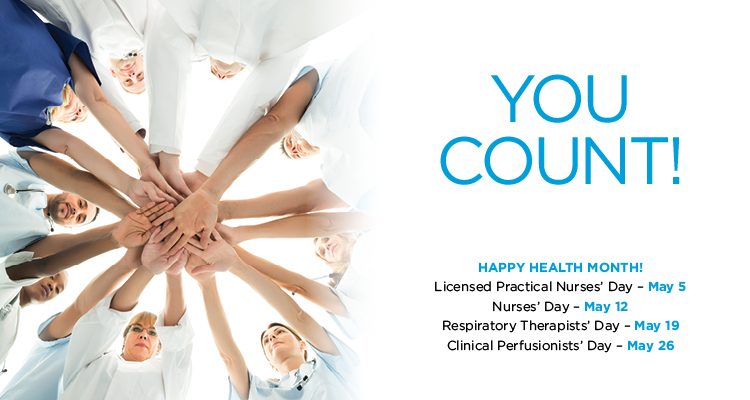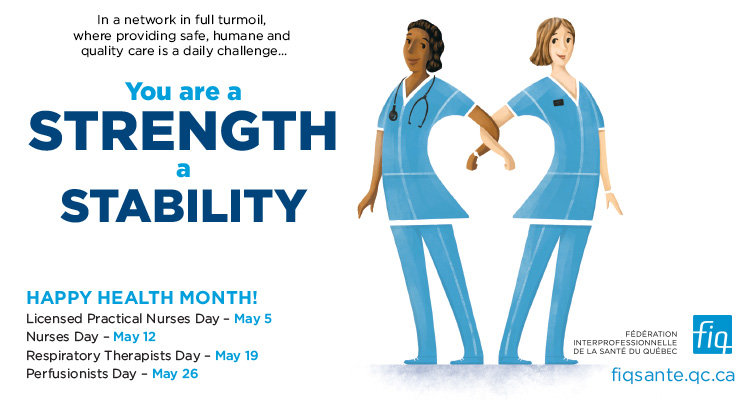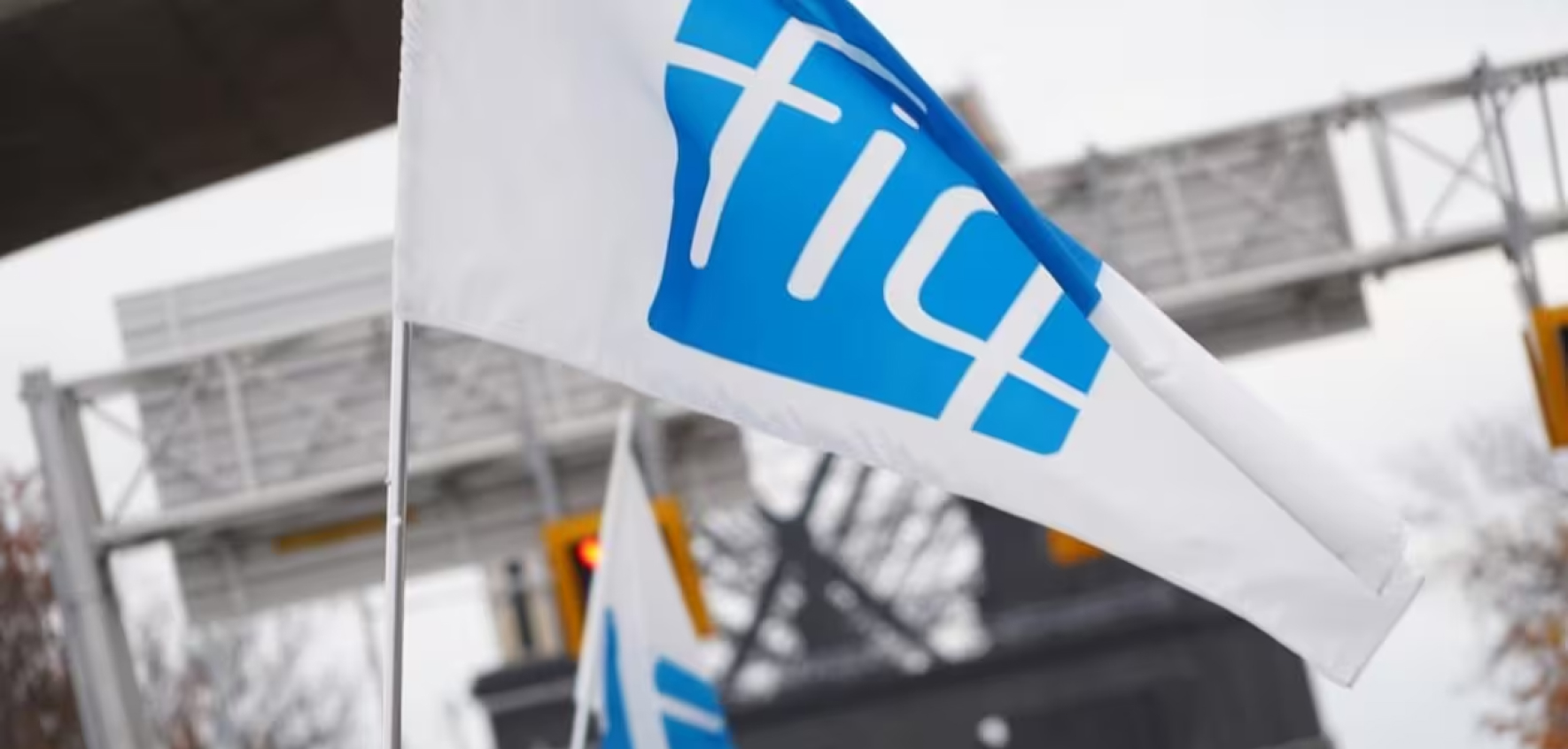Union life
The Fédération interprofessionnelle de la santé du Québec–FIQ brings together healthcare professional unions from across Quebec that affiliated with the Federation. The local union delegates represent their members at the following democratic decision-making bodies:
Democratic structure
Convention
The convention happens at least once every four years to make decisions on major political and union orientations, major lines of action, and major priorities. At this decision-making meeting, the members of the Executive Committee and other committees are elected. The convention is the supreme decision-making body of the Federation.
Federal Council
The federal council meets approximately three times a year and is the most important decision-making body between conventions. It is a preferred forum for debates and union consensus-building that allows for decision making in compliance with the convention’s orientations and serves the collective interest of the members.
Executive Committee
The members of the Executive Committee are elected by the convention. They are responsible for the planning, organization, leadership and control of the Federation. They follow up on debates, activities, mandates and can speak up on any subject, based on the organization’s orientations and in the interest of the collective.
The committee is made up of nine members, including one nurse, licensed practical nurse and one respiratory therapist.

Julie Bouchard
CIUSSS du Saguenay – Lac-Saint-Jean
President, Joint Officer for the Status of Women
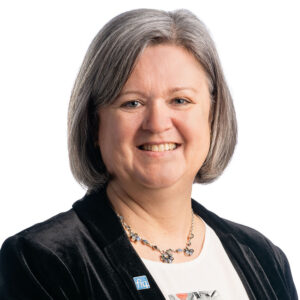
Françoise Ramel
CIUSSS du Centre-Sud-de-l’Île-de-Montréal
Vice-President, Sociopolitical Sector, Joint Officer for the Status of Women
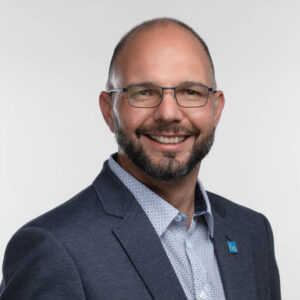
Patrick Guay
CISSS de l’Outaouais
Joint Officer for Labour Relations
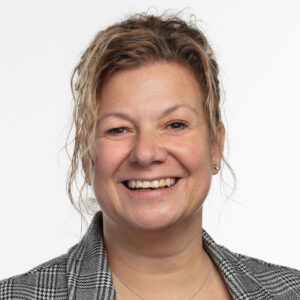
Nathalie Levesque
CISSS de la Montérégie-Est
Vice-President, position reserved for a licensed practical nurse, Joint Officer for Labour Relations and Negotiations
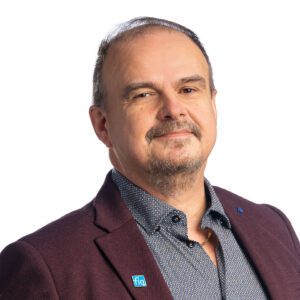
Laurier Ouellet
CISSS de Chaudière-Appalaches
Vice-President, Union Organizing, Education-Animation and Legal

Jérôme Rousseau
Institut universitaire de cardiologie et pneumologie de Québec
Vice-President, Organization of Work and Professional Practice and Negotiations
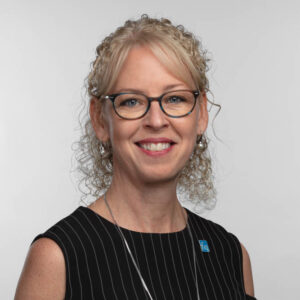
Isabelle Groulx
CISSS de la Montérégie-Ouest
Vice-President, position reserved for a respiratory therapist, Occupational Health and Safety Sector and Human Resources

Isabelle Trépanier
CHU de Québec
General Secretary
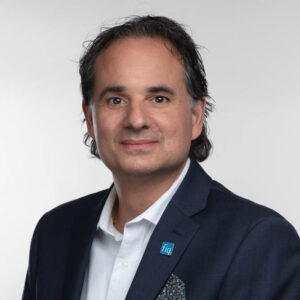
Roberto Bomba
CIUSSS du Centre-Ouest-de-l’Île-de-Montréal
Treasurer
The Internal Audit Committee ensures that the organization’s income and spending comply with the decisions and budgets adopted by the federal council and convention. It also analyzes policies and existing administrative procedures and makes sure the Federation remains in good financial health.

Hélène Cadotte
CISSS de la Montérégie-Est

Cyril Gabreau
Centre de santé Inuulitsivik

David Lambert
CIUSSS de l’Estrie – Centre Hosp. Univ. de Sherbrooke
The Election Committee organizes elections for vacant committee positions and makes sure the voting process runs smoothly.

Marie-Claude Cyr
CHU de Québec

Jean-François Gagné
CIUSSS de la Mauricie-et-du-Centre-du-Québec
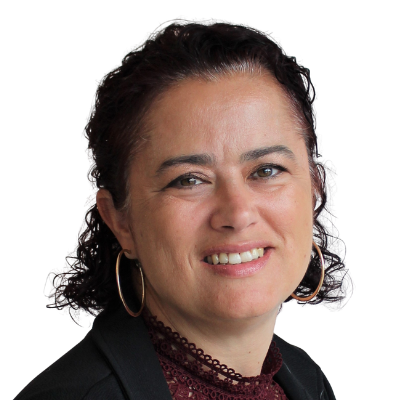
Isabelle Thibault
CISSS des Laurentides
The Union Defence Fund Committee reviews requests for financial aid and ensures the fund is managed soundly.

Helene Cadotte
CISSS de la Montérégie-Est
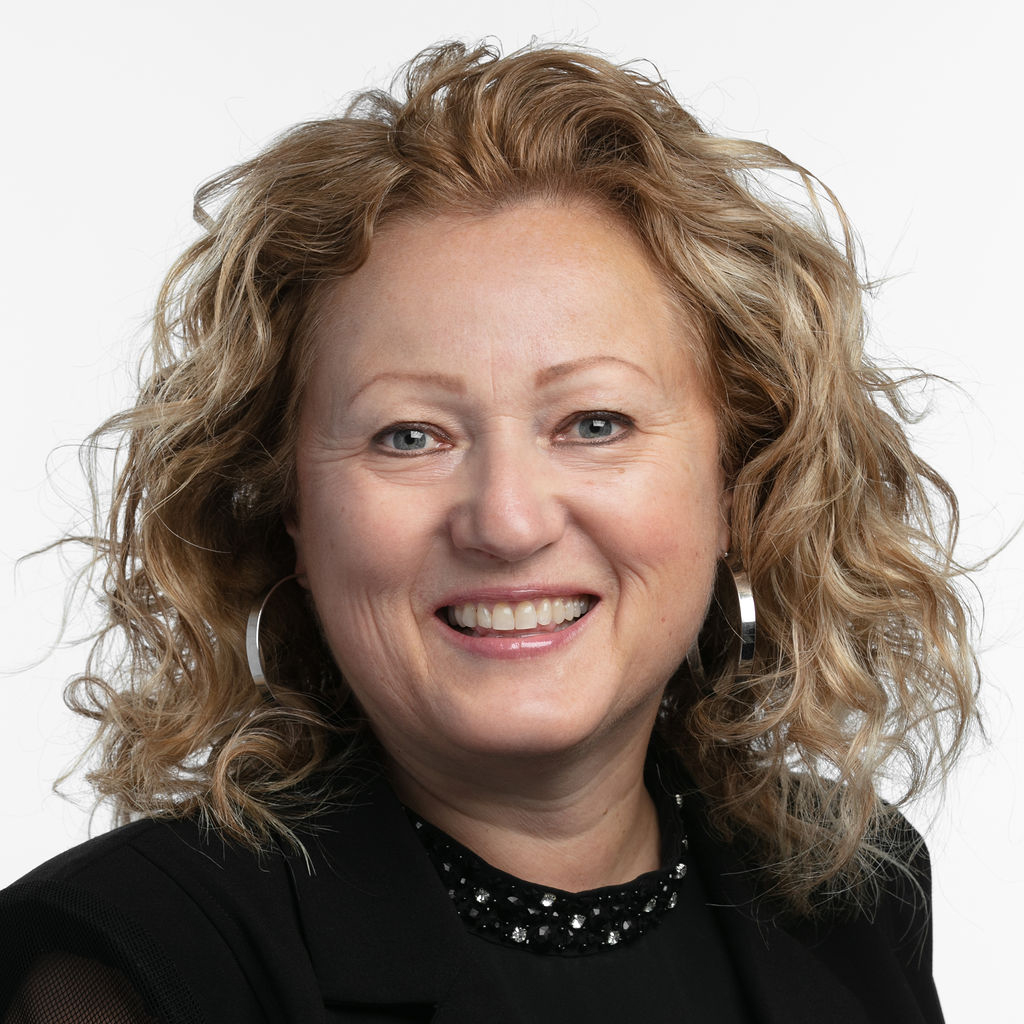
Line Mercier
CISSS de Chaudière-Appalaches
Federation committees
Federation committees allow local union delegates to get more involved in the FIQ structure to influence the debates and develop projects that truly address members’ concerns. They are unique places for discussion that facilitate the pooling of experience and expertise of union reps in line with diverse themes.
The Communications Committee discusses communication issues at the FIQ, measures the impacts of existing tools, and follows new communication trends.
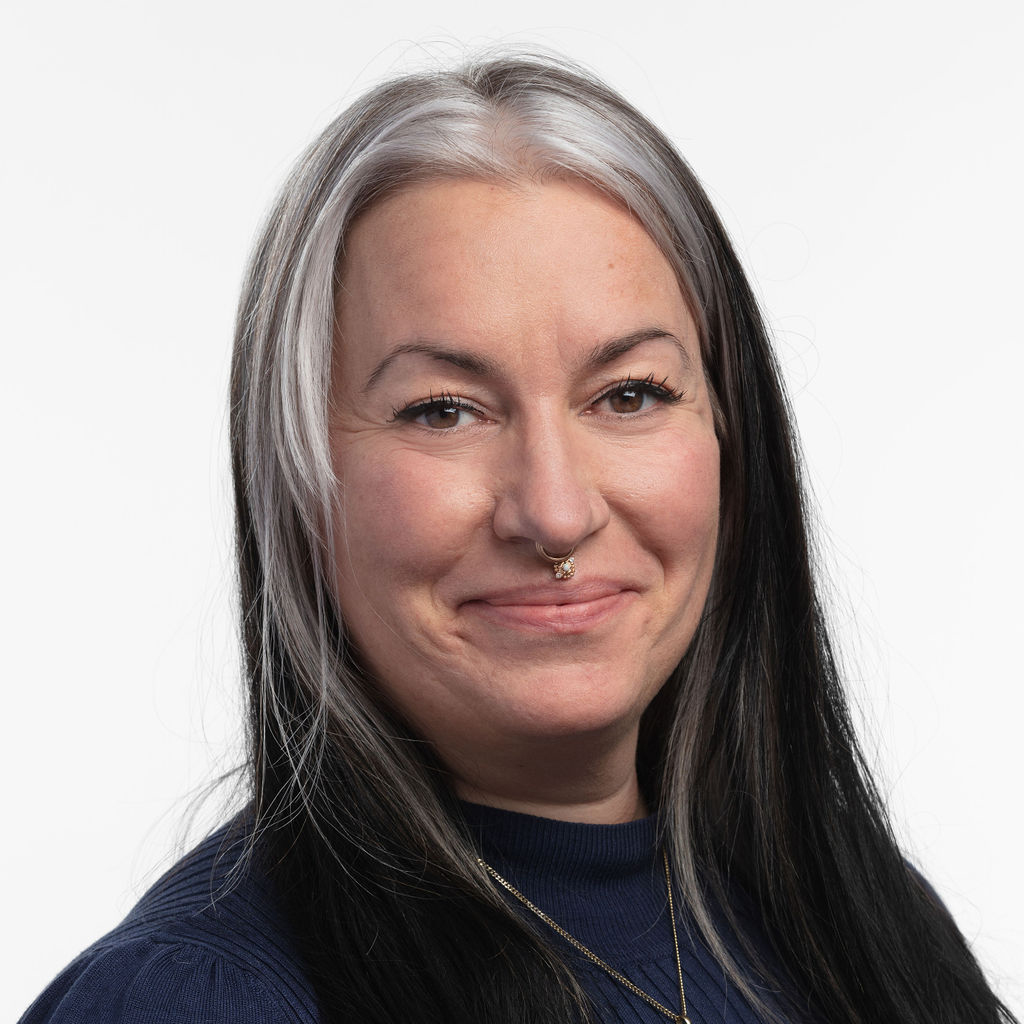
Joëlle Bilodeau
CIUSSS du Centre-Sud-de-l’Île-de-Montréal

Jean-Sébastien Blais
CISSS de l’Abitibi-Témiscamingue

Francis Charbonneau
CISSS des Laurentides
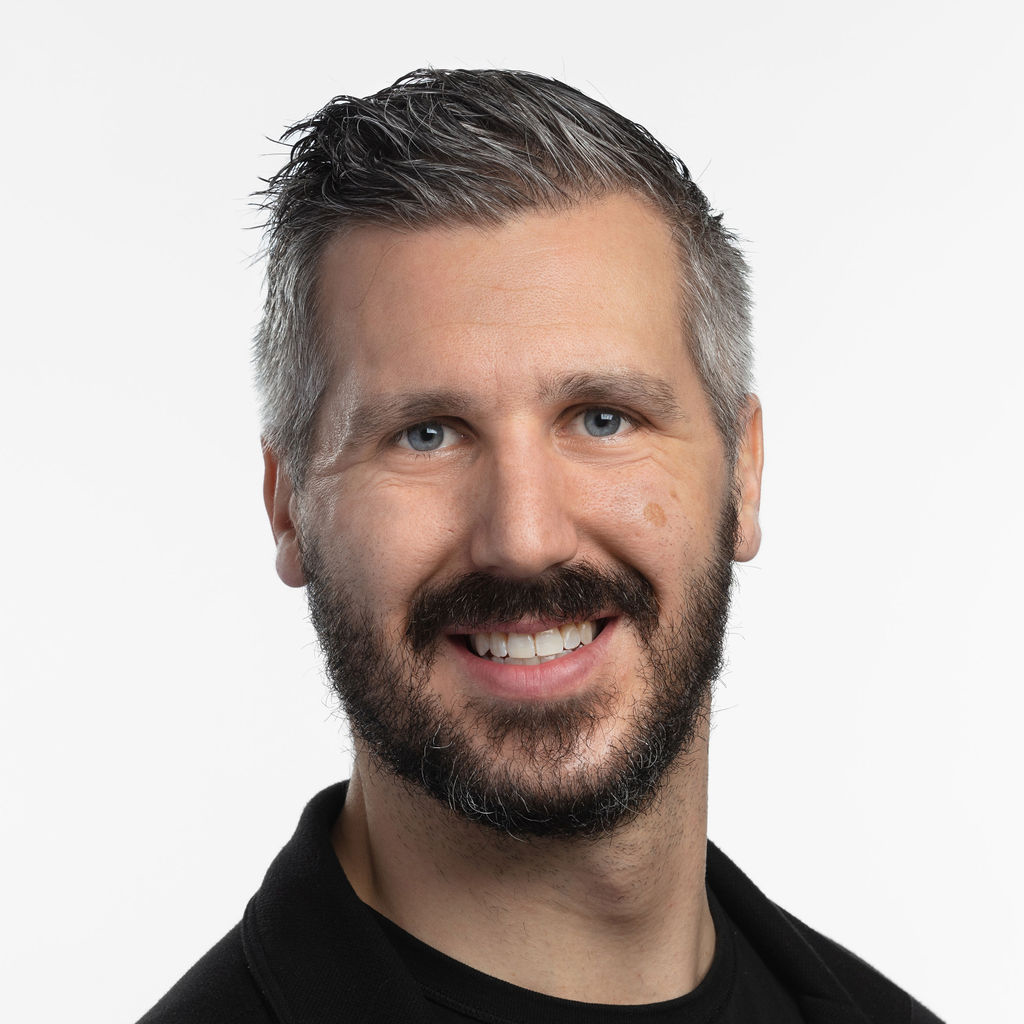
Christopher Dunford
CISSS de la Montérégie-Est
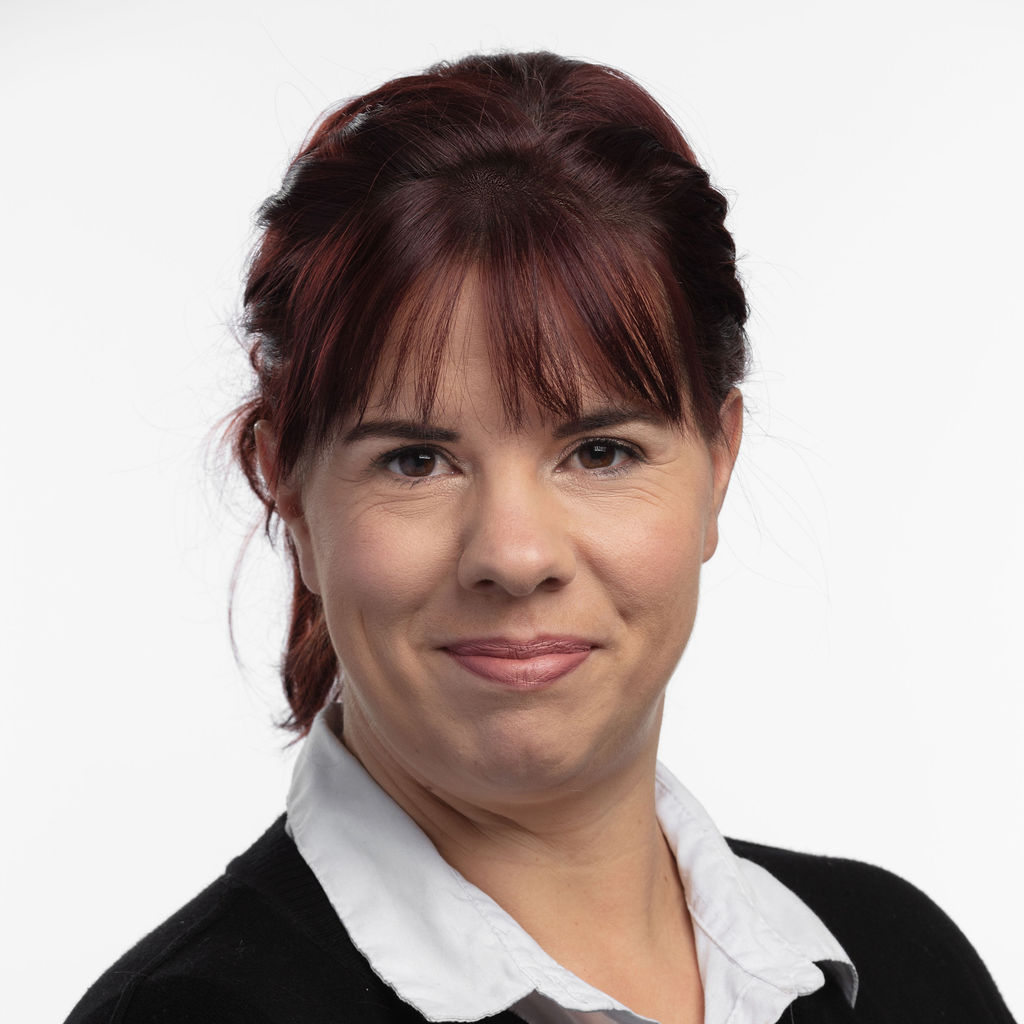
Bianca Morin Tremblay
CIUSSS du Saguenay – Lac-Saint-Jean
The Status of Women Committee ensures that a strong feminist approach is used in the various decision-making bodies, helps to organize the Women’s Network, and helps to create local status of women committees in FIQ affiliated unions.
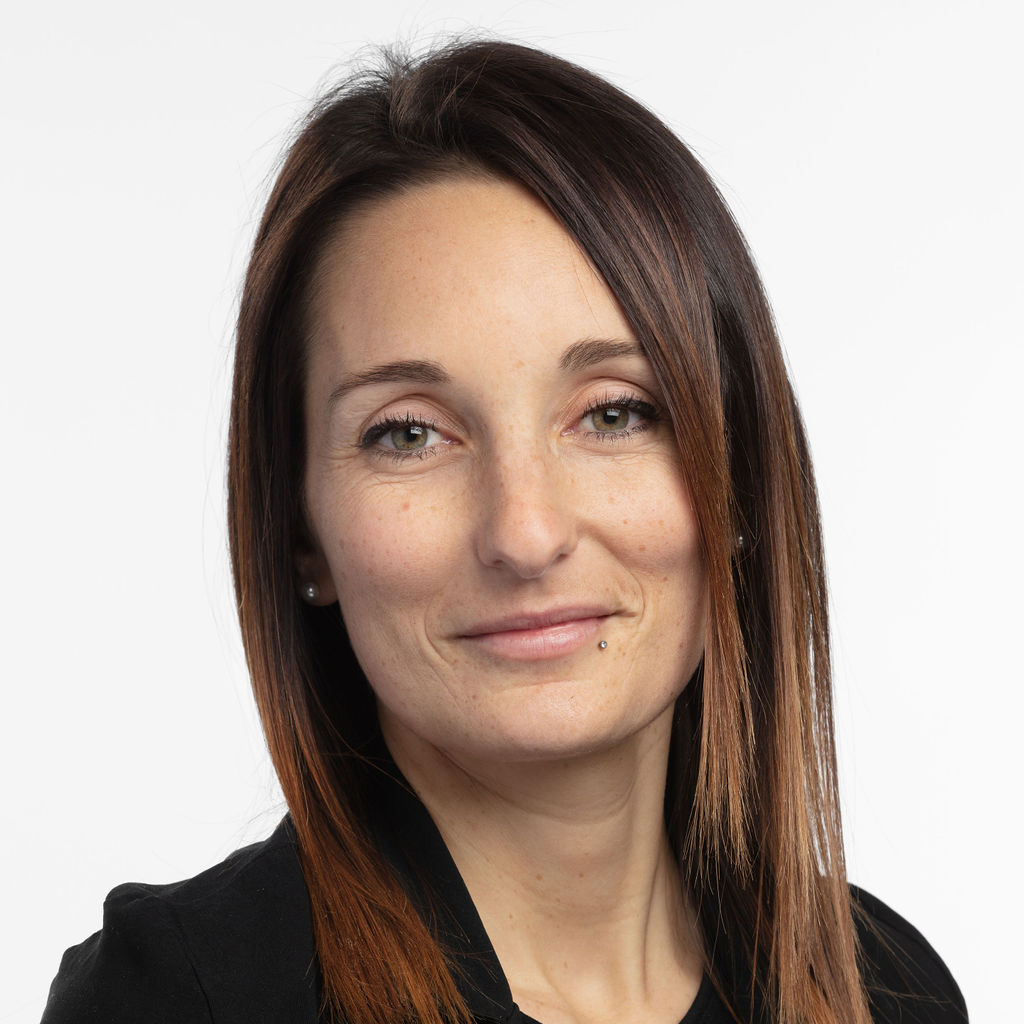
Amélie Barrette
CIUSSS du Saguenay – Lac-Saint-Jean

Joëlle Bilodeau
CIUSSS du Centre-Sud-de-l’Île-de-Montréal
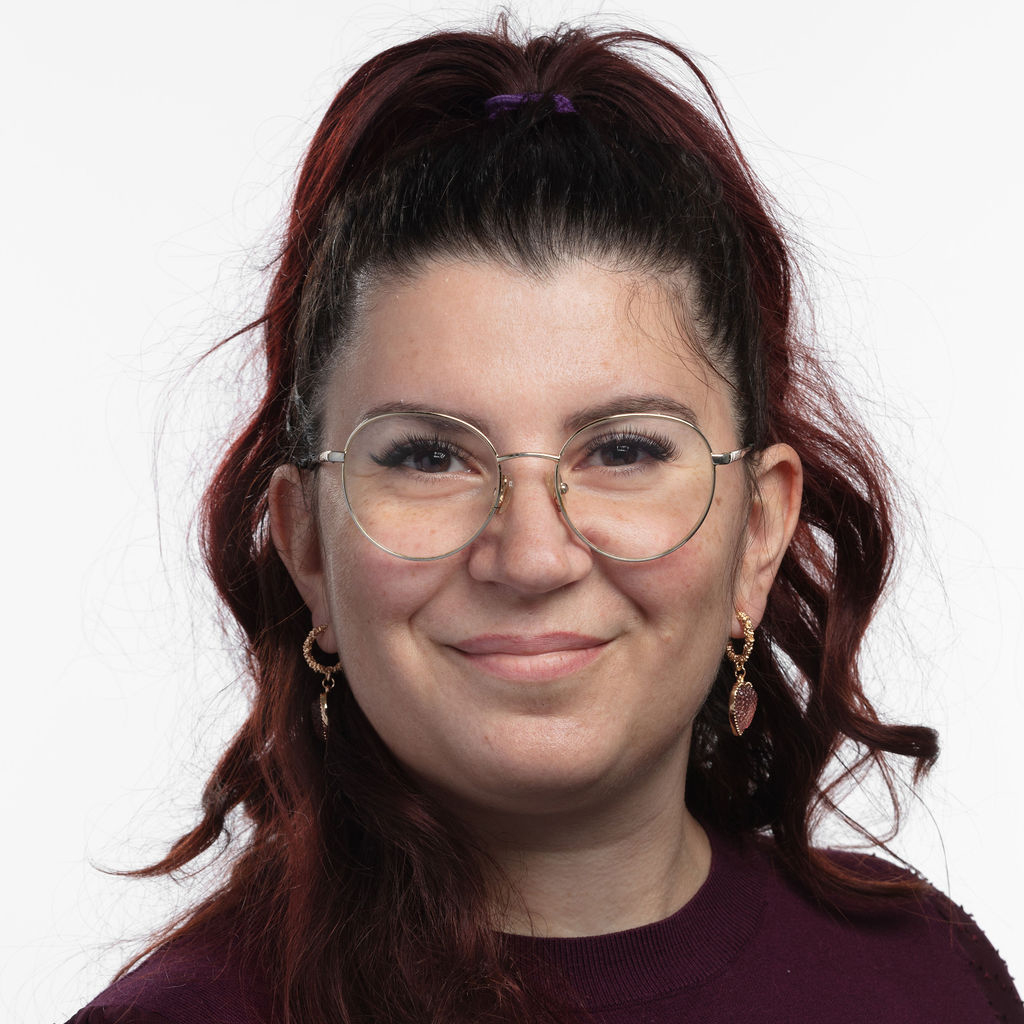
Valérie Fortier
CISSS de la Montérégie-Centre
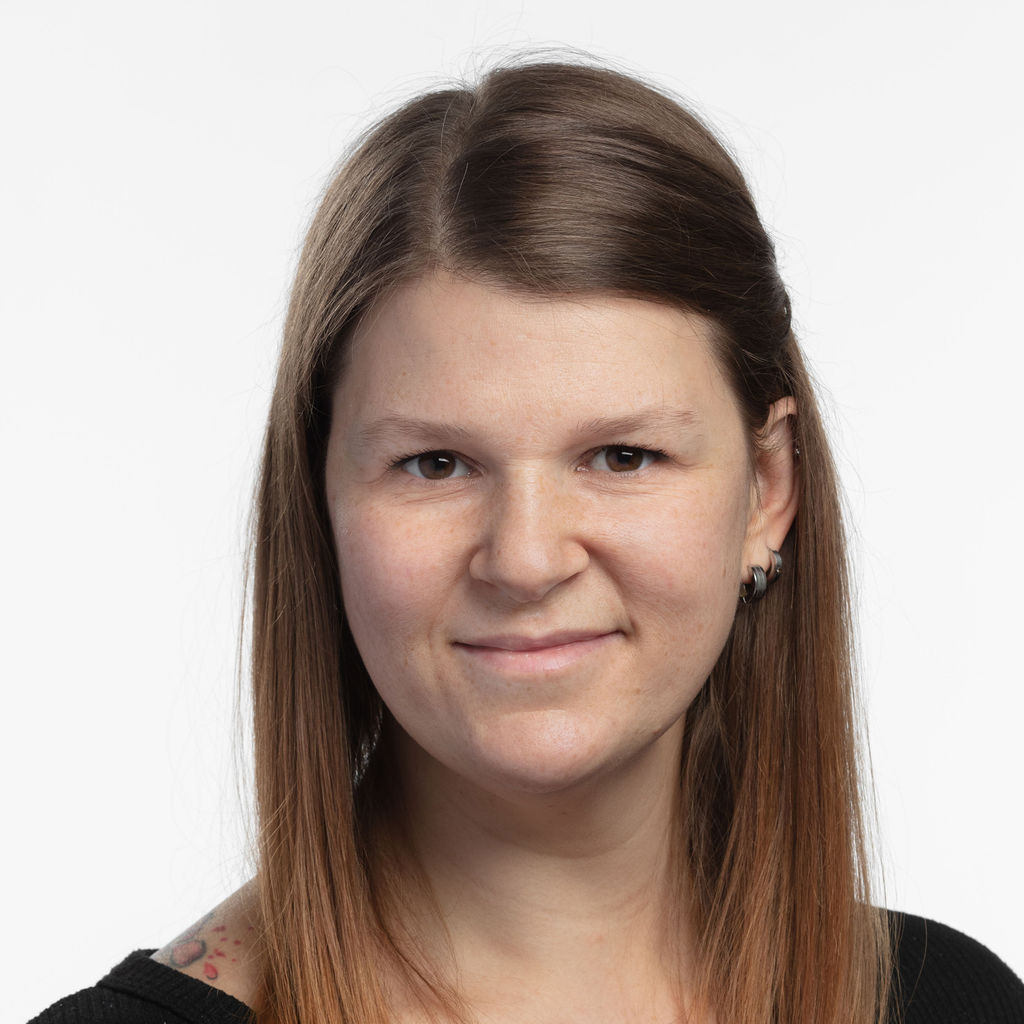
Kime Gobeil
CHUM

Line Mercier
CISSS de Chaudière-Appalaches
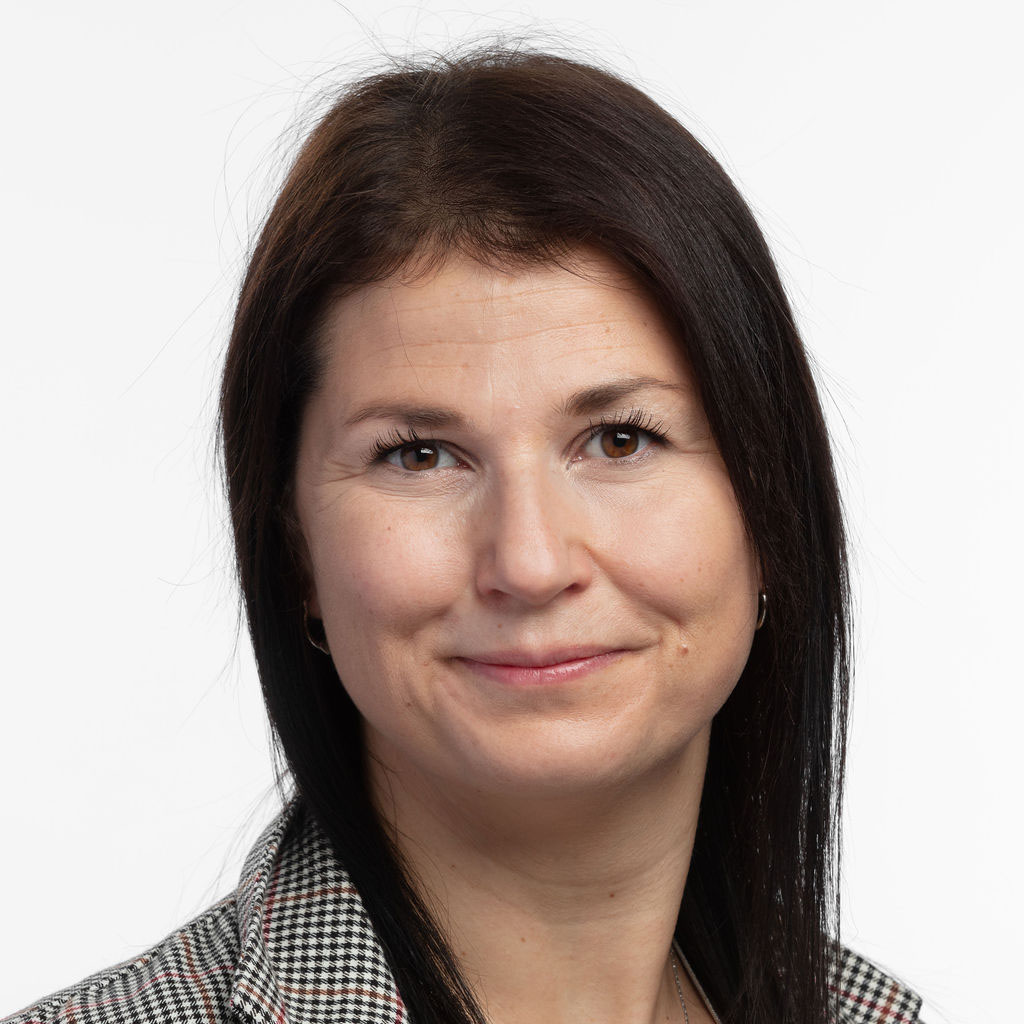
Hélène Vézina
CISSS des Laurentides
The Education-Animation Committee ensures that healthcare professionals’ concerns and needs are integrated into the training courses developed for members and union reps.
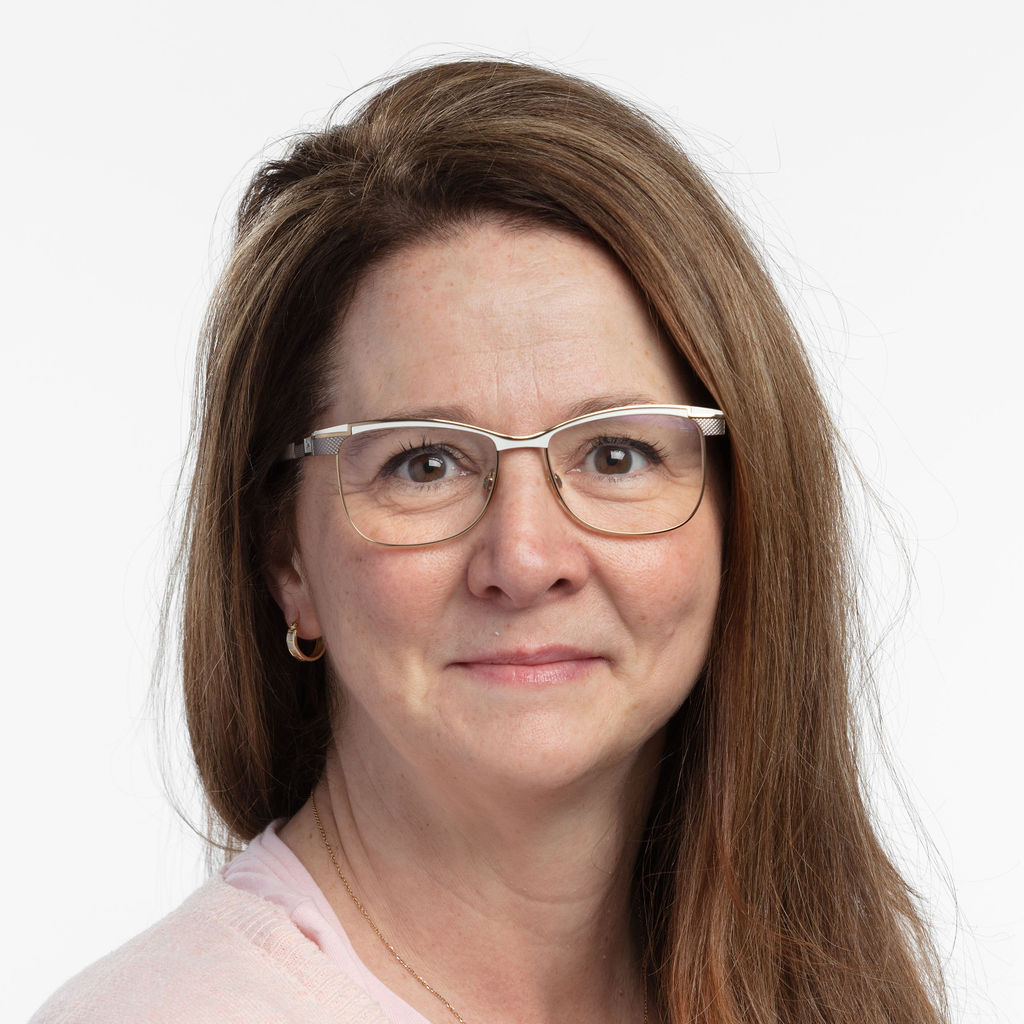
Isabel Baron
CIUSSS du Saguenay – Lac-Saint-Jean

Joëlle Bilodeau
CIUSSS du Centre-Sud-de-l’Île-de-Montréal
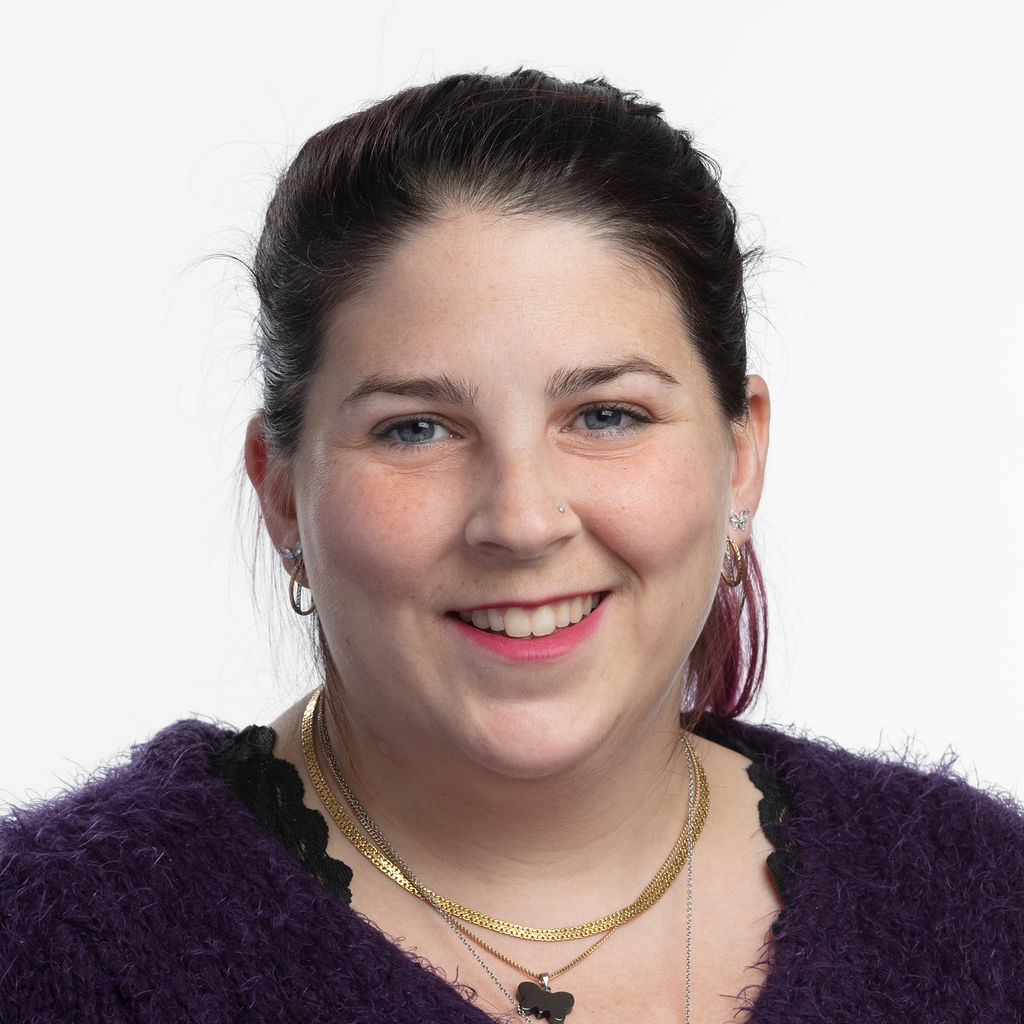
Cassandra Massé
Centre universitaire de santé McGill
The Youth Committee has a mandate to kindle union activism and engagement among young healthcare professionals. It is also this committee’s role to raise awareness at decision-making meetings about the reality of young healthcare professionals and the challenges and problems they face.

Audrey Bélanger
CISSS de Lanaudière

Sandra Perrier
CISSS des Laurentides

Shany St-Amand
CIUSSS de l’Estrie – Centre Hosp. Univ. de Sherbrooke

Mélyna Tremblay
CIUSSS du Saguenay – Lac-Saint-Jean
The Occupational Health and Safety Committee develops the annual OHS Week theme, as well as associated tools and activities, taking into account healthcare professionals’ OHS problems and daily reality.
A member of the OHS committee sits as an administrator on the board of directors of the Association paritaire pour la santé et la sécurité du travail du secteur affaires sociales (ASSTSAS).
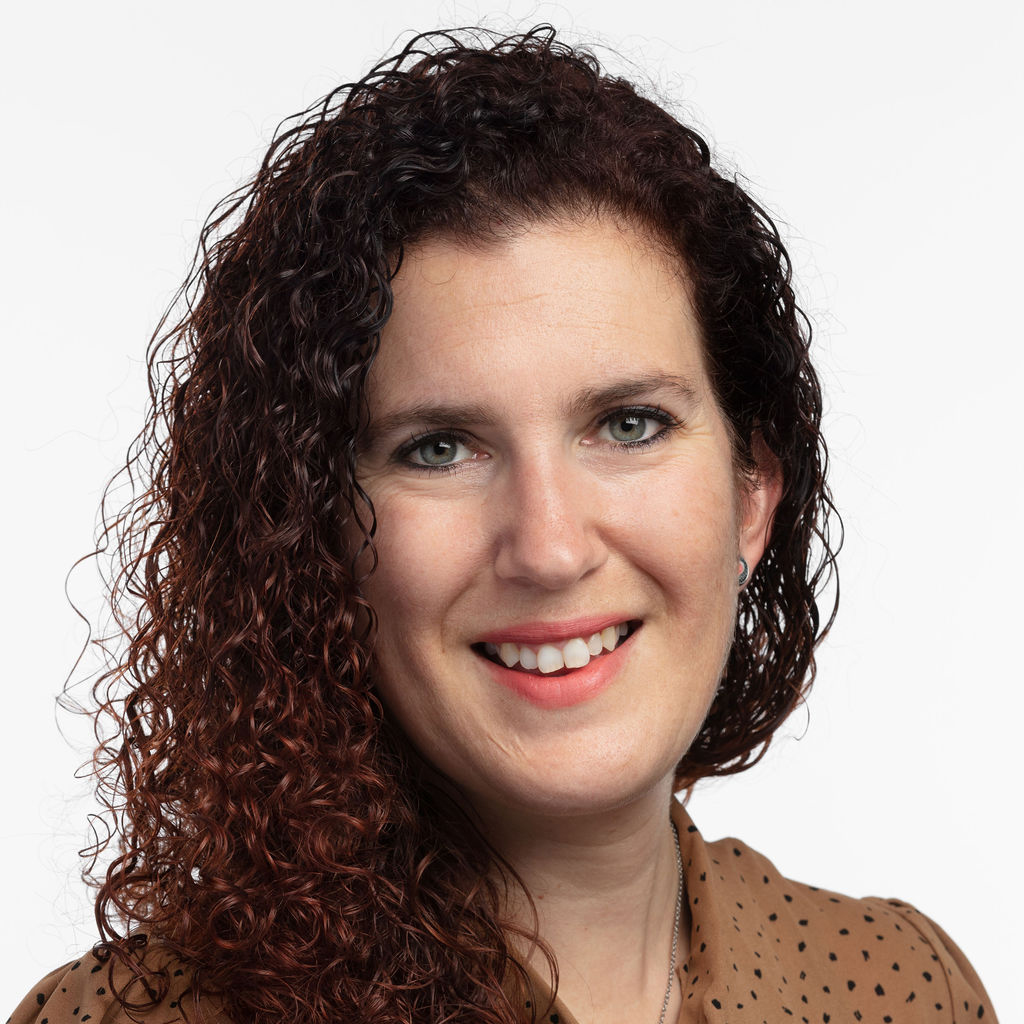
Emilie Brodeur
CIUSSS de l’Estrie – Centre Hosp. Univ. de Sherbrooke

Patrice Dulmaine
CIUSSS du Saguenay – Lac-Saint-Jean
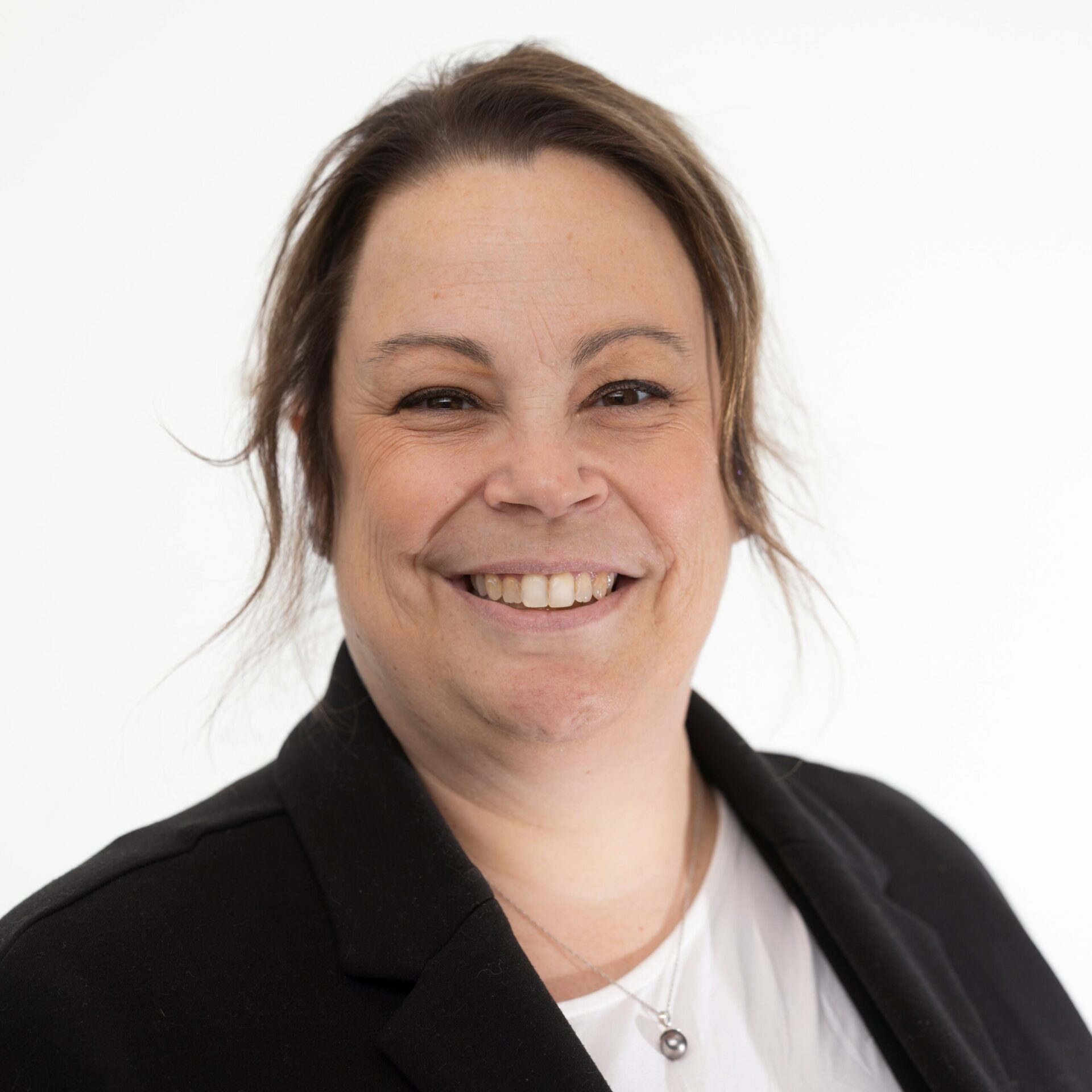
Karine Pépin
CIUSSS de la Mauricie-et-du-Centre-du-Québec
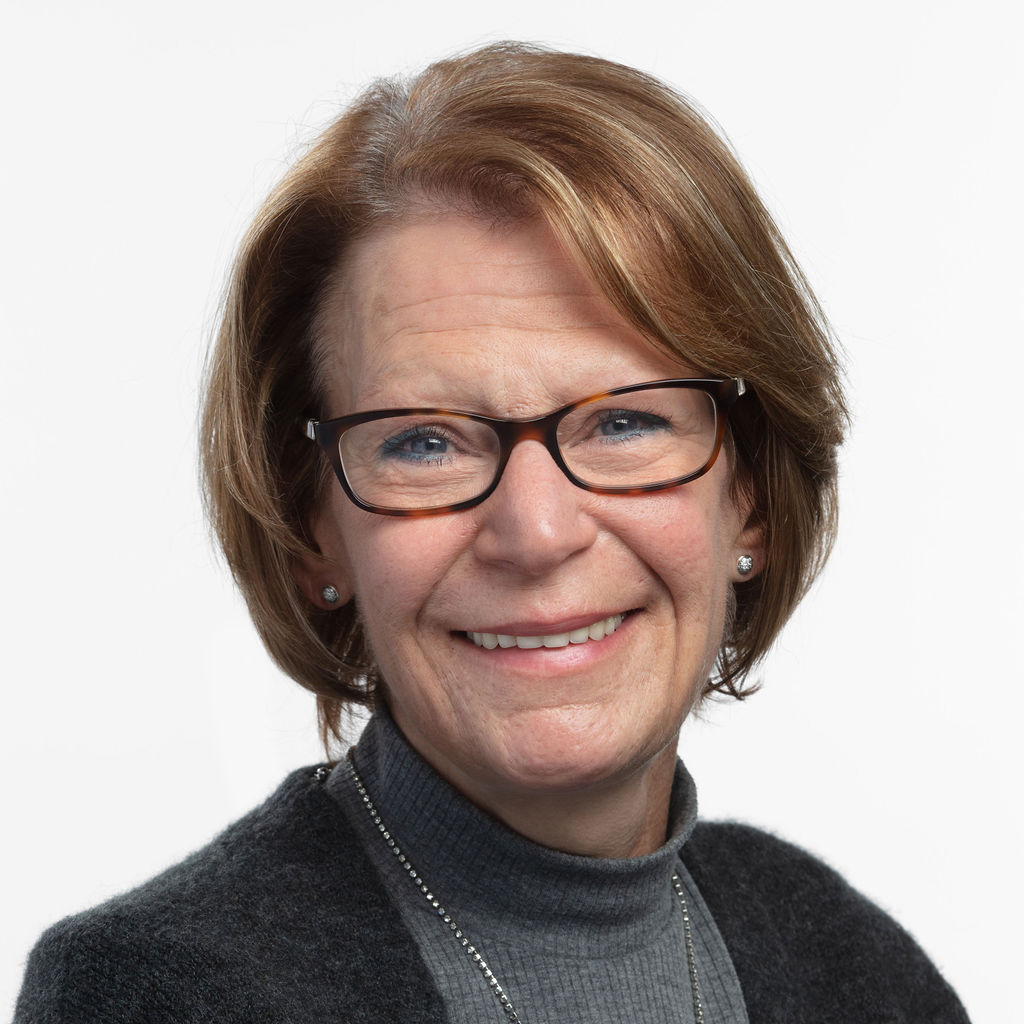
Nathalie Thibault
CIUSSS de l’Est-de-l’Île-de-Montréal
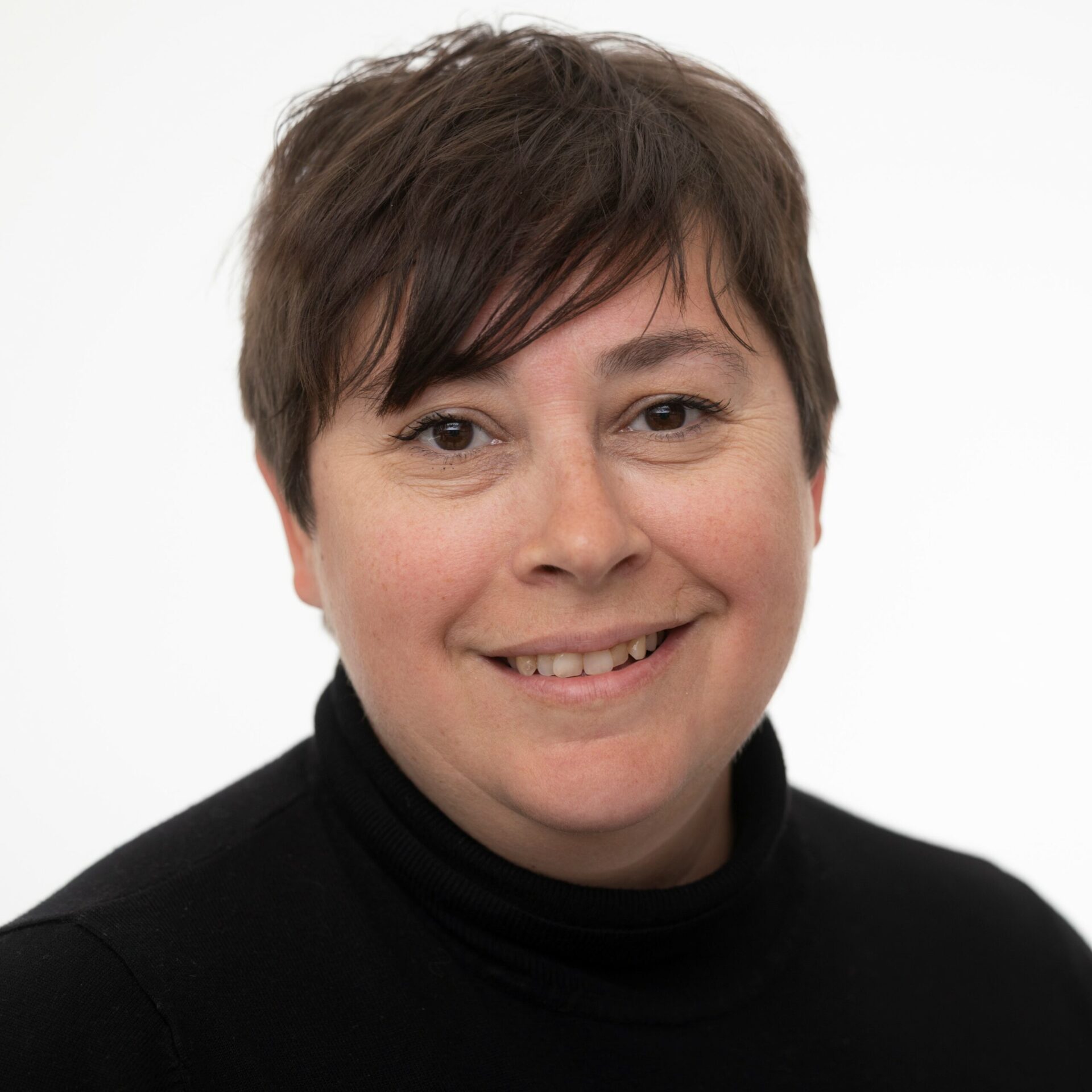
Fannie Thivierge
CISSS de la Montérégie-Est
Commissions
Commissions provide a unique forum for discussing important issues that affect job title groups. There are four types of commissions:
- Nurse
- Licensed practical nurse
- Respiratory therapist
- Clinical perfusionist
The commissions are held at least twice between each convention, and they make recommendations to federal councils.
Women’s Network
The Women’s Network is a place for feminist thought and action to address issues that affect healthcare professionals as women.
Youth Network
The Youth Network is a platform reserved for healthcare professionals ages 35 and under where they can discuss union and social issues that affect them. The Youth Network takes place twice a year.
Network of OHS Union Representatives
The Network of OHS Union Representatives is a place for discussion and reflection specifically for local OHS officers. It gives union reps a place to discuss their concerns and experiences, a place where they can acquire new knowledge and tools and find solutions to problems in the field. The Network of OHS Union Representatives is held once a year.
Organization of Work and Professional Practice Network
The Organization of Work and Professional Practice Network is a place for discussing issues around organization of work and professional practice, especially regarding the implementation of safe ratios.

Since 2005, the month of May has been dedicated to recognizing the work and expertise of healthcare professionals and the crucial role they play in the health network. Every year, the Communication Service develops the theme for Healthcare Professional Month and gives affiliated unions all the material necessary to promote the event in their institutions.
Licensed Practical Nurses’ Day – May 5
Nurses’ Day – May 12
Respiratory Therapists’ Day – May 19
Clinical Perfusionists’ Day – May 26.
Did you know that Healthcare Professional Month was formerly called Health Month?

![1788-FIQ-MoisPenS-EN-750x400-1[1]](https://www.fiqsante.qc.ca/wp-content/uploads/2024/11/1788-fiq-moispens-en-750x400-11.png)
![FIQ_UniQues_site-mobile_750x750_EN[1]](https://www.fiqsante.qc.ca/wp-content/uploads/2024/11/fiq-uniques-site-mobile-750x750-en1-e1731511744970.jpg)
